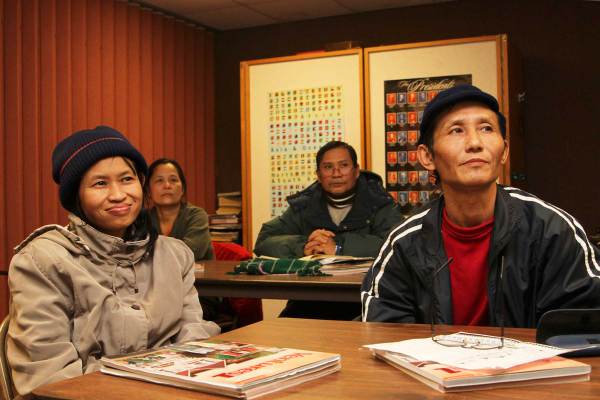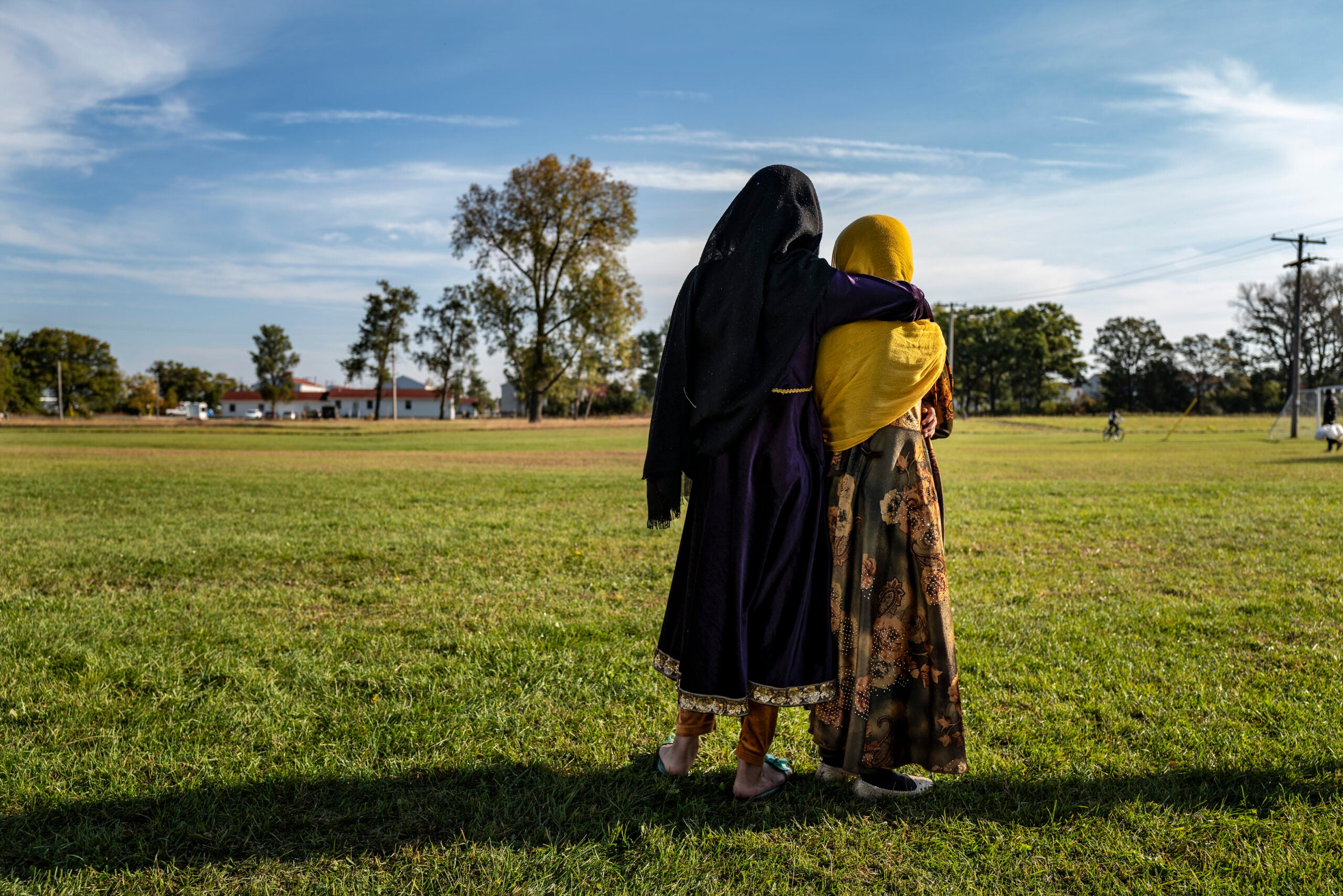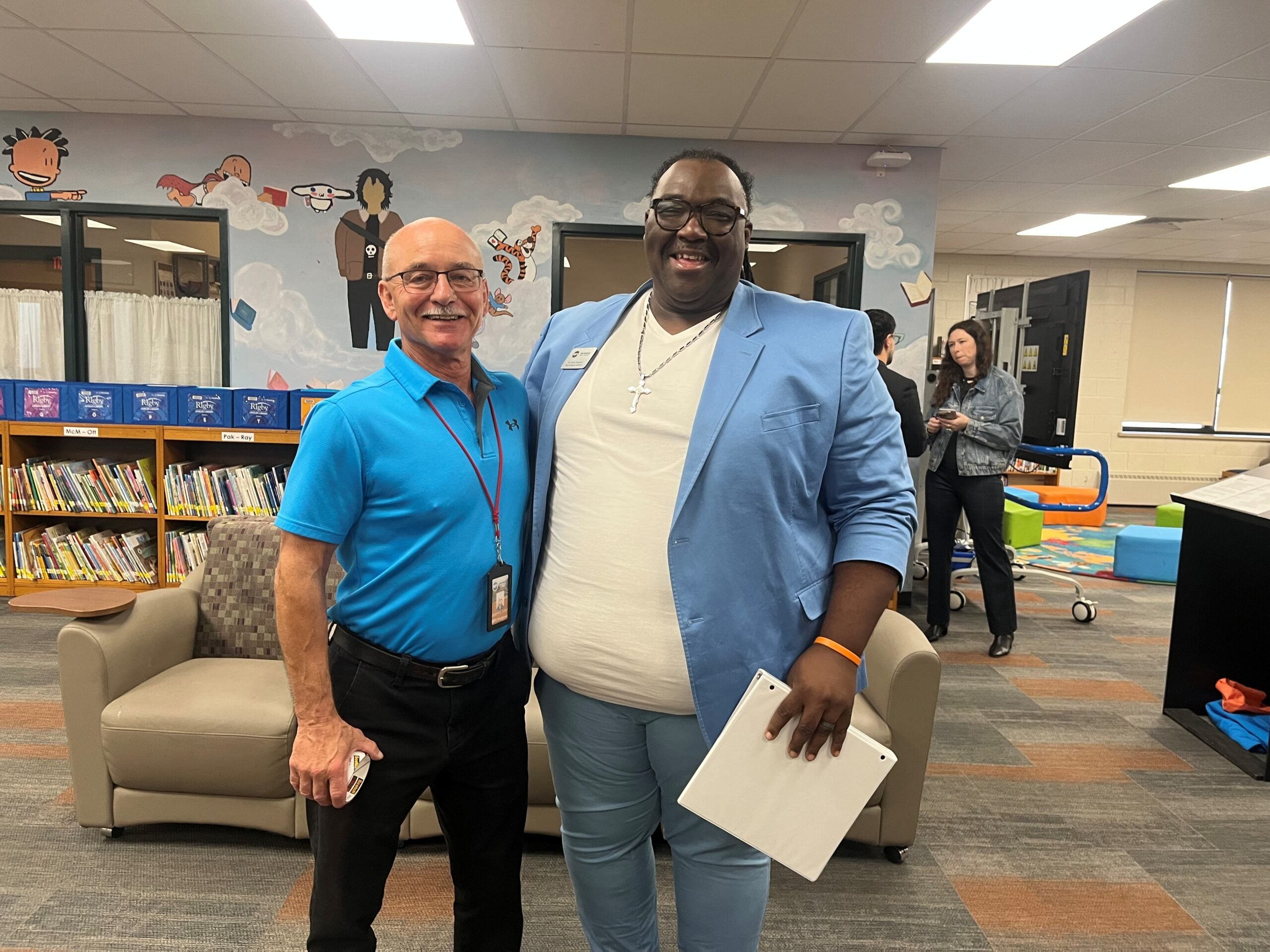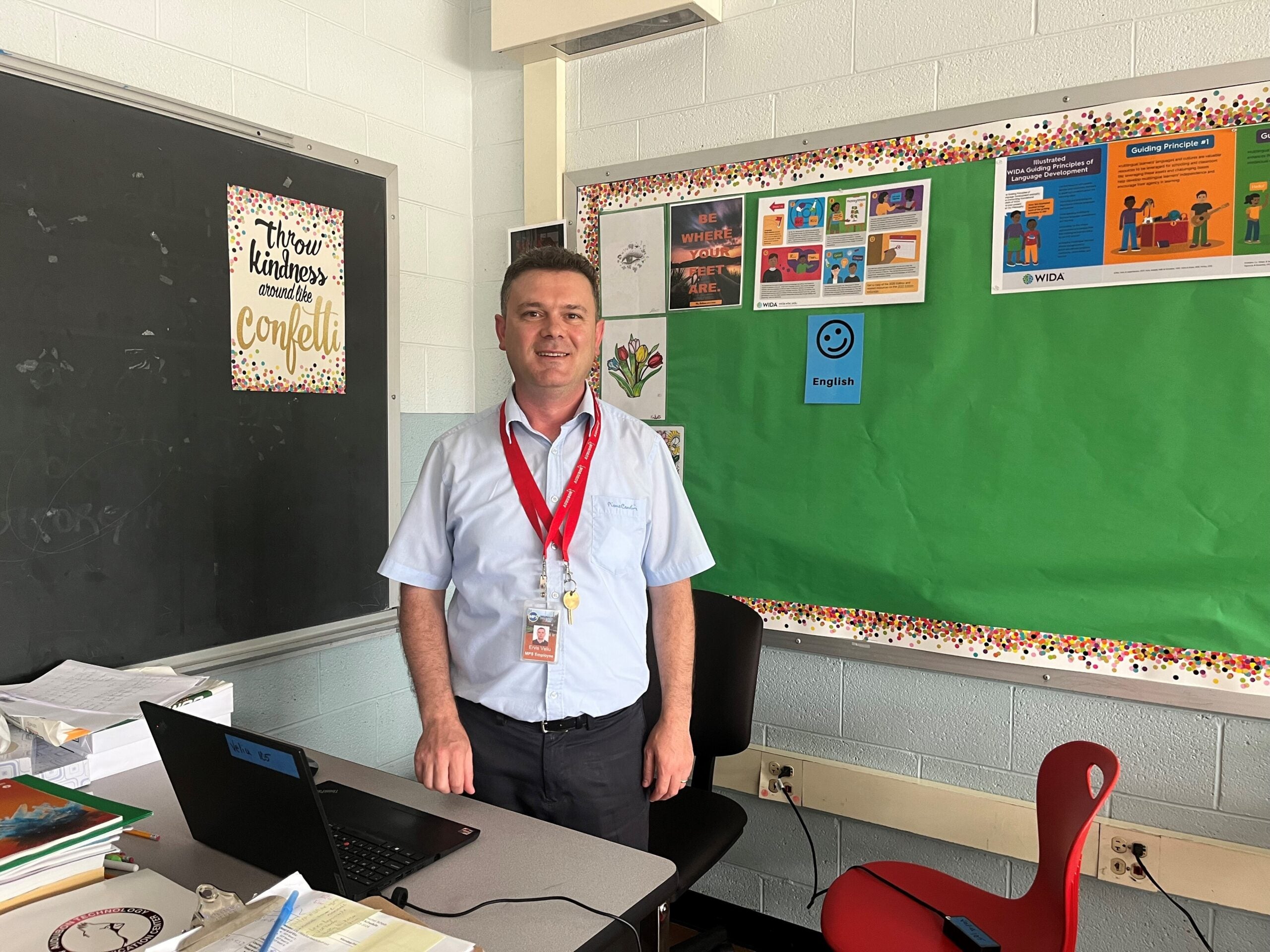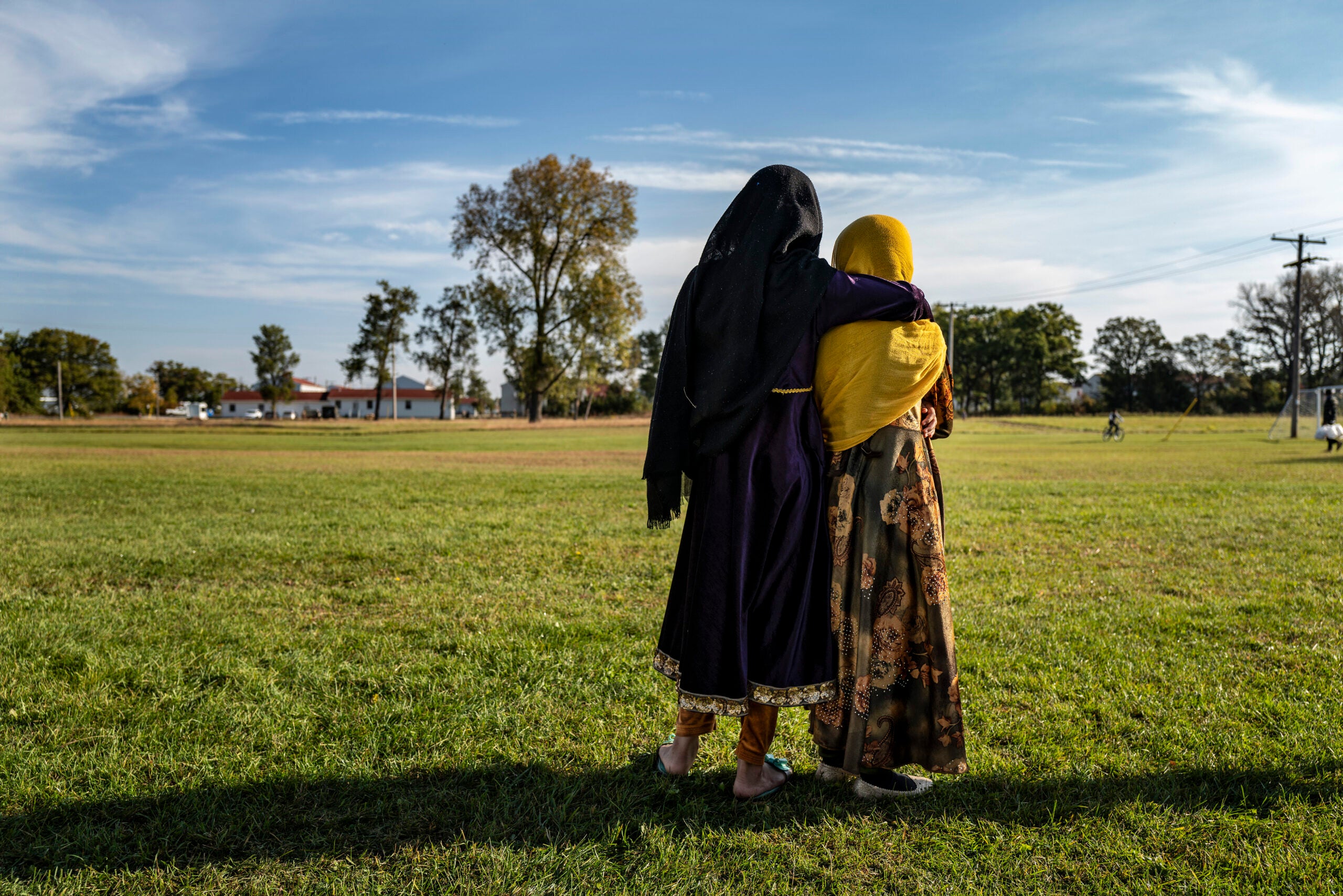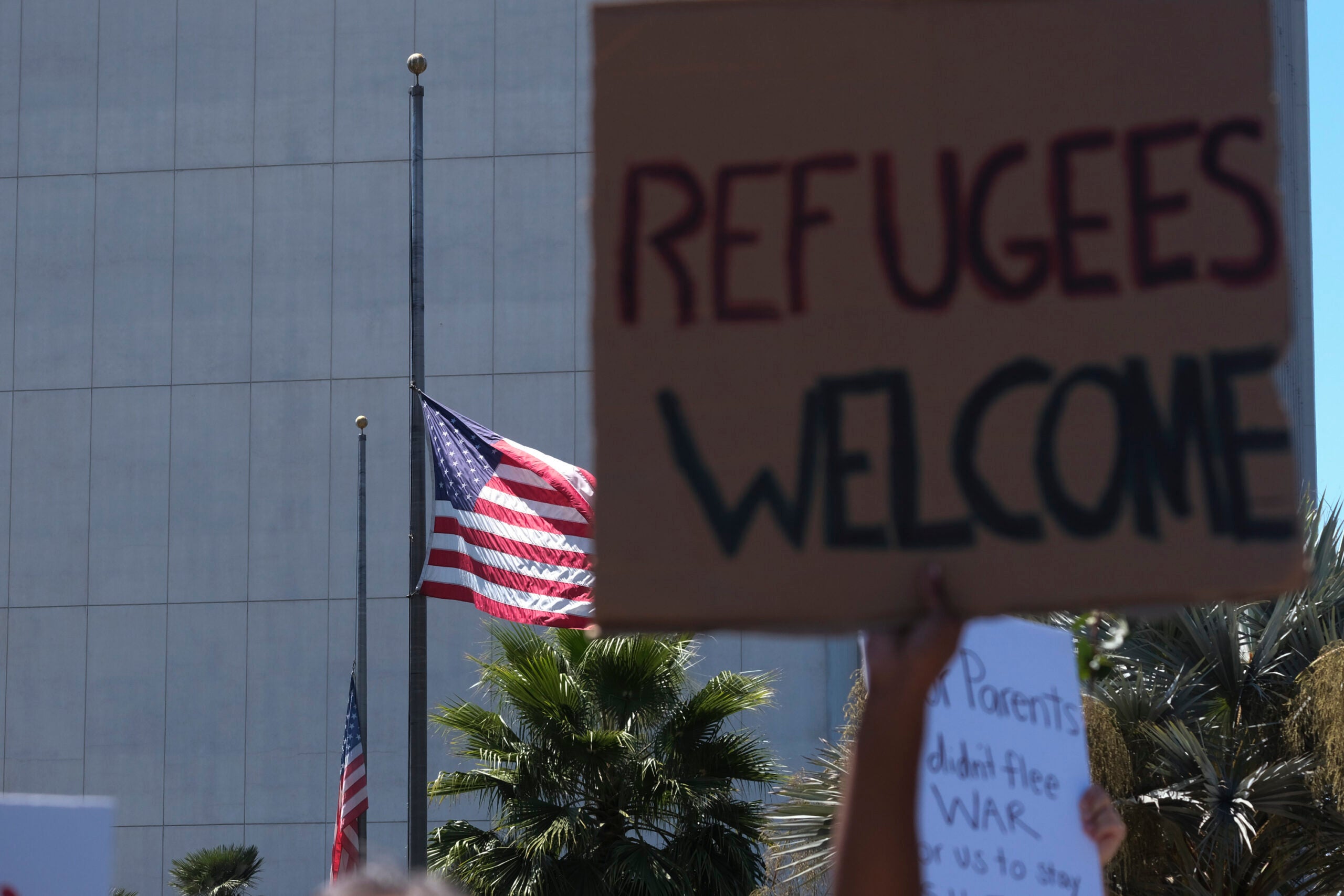After escaping trauma in their homeland, refugees who settle in Wisconsin have to navigate a new way of life. They learn a new language, new customs, and new social cues. Many refugees count on places like Milwaukee’s International Learning Center to educate them.
“When you go to a foreign country and start to live there, you can feel really lost,” said Michelle Martin, a teacher at the center. “Refugees are making a real major change in their life without the ability to take it back.”
Martin teaches her students basic things to help them navigate day-to-day life, from grocery shopping and taking the bus to how to look for a job. She also teaches them how to converse with Americans, including eye contact and expectations in a social interaction.
News with a little more humanity
WPR’s “Wisconsin Today” newsletter keeps you connected to the state you love without feeling overwhelmed. No paywall. No agenda. No corporate filter.
The majority of Martin’s students come from Myanmar and many spent time in refugee camps in Thailand before coming to the United States. She also has students from Liberia, Croatia, Laos, Iraq, among others. Because refugees have escaped war, persecution, or natural disasters, many suffer from post-traumatic stress disorder.
“They have a trauma, a physical trauma that effects their memory,” said Martin.
Adults also take longer to retain the new information. Martin said she likes to say that their “minds are fuller” than those of children.
Faced with a room full of students from around the world, Martin said she tries to make them feel comfortable.
“You start and go slow, repeat, and use nonverbal communication,” explained Martin. “When you’re talking about a pencil, hold a pencil in your hand.”
Wisconsin Public Radio, © Copyright 2025, Board of Regents of the University of Wisconsin System and Wisconsin Educational Communications Board.

